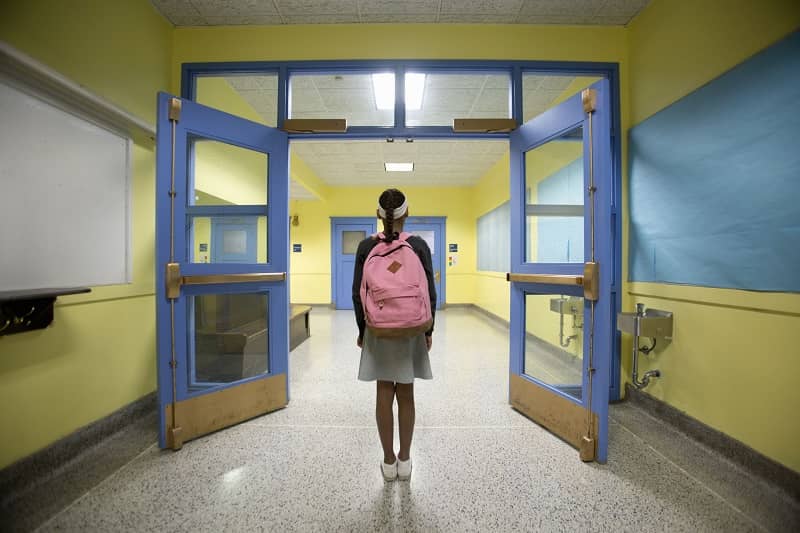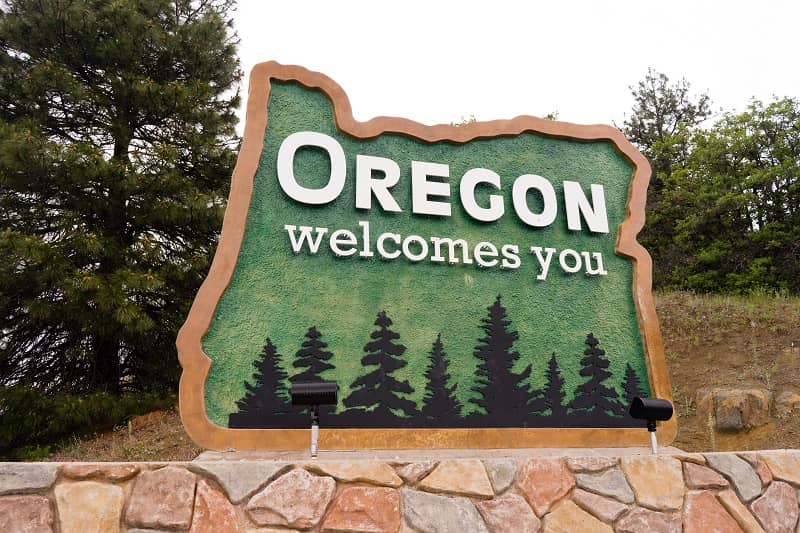By Eric Fruits, Ph.D.
This year marks the 20th anniversary of the “Doonesbury” comic strip series mocking Oregon’s education system. Kids who read that comic then now have kids of their own, and probably feel our public school system is even worse now than it was then.
The most recent school test results find only 44% of Oregon K-12 students are proficient in reading, and less than one-third are proficient in math. Even so, 80% of Oregon students graduate from high school. Once in college, these students find themselves in remedial writing and math classes so they can keep up with their classmates. Employers complain that many high school grads lack basic skills and are not workforce ready.
As this year’s legislative session gears up, there will be no shortage of legislators and advocates claiming that if the state just spent more money on education, all the problems would go away. But, for 20 years we have been spending more money, and the problems are worsening. For example, in 2020, the state began imposing the Corporate Activity Tax that provides $1 billion or more a year for Oregon public schools. Since then, there’s been no improvement in academic proficiency or graduation rates.
The COVID-19 pandemic gave families an opportunity to explore alternatives to the government-run school system. Public charter schools and private schools were flooded with applicants. Many parents embarked on homeschooling or formed learning “pods” with other parents. Several states expanded their school choice programs, with Arizona expanding its Empowerment Scholarship Account program to all Arizona students. That’s why 2021 and 2022 were heralded as the Years of School Choice.
January 22-28 is this year’s National School Choice Week. In honor of that week, Oregon should explore expanding schooling options for our state’s children and their families.
Allow 11th and 12th graders to take the GED to get a diploma. Under current law, a student under the age of 18 must drop out of school before being allowed to take the GED. House Bill 3068 would let any 11th or 12th grader, with permission from their parent or guardian, take the GED exam. Students who pass the GED would be awarded a diploma and be exempt from compulsory school attendance. Under HB 3068, they can remain enrolled in school and would not have to drop out first before taking the GED exams. Because the bill allows students who pass the GED to graduate early, the state simultaneously would increase its graduation rate and reduce the dropout rate.
Lift the cap on online public charter schools. Currently, enrollment in online public charter schools is limited to only 3% of a school district’s total enrollment. Because of this limit, many families were turned away from these charter schools during the pandemic. The cap is arbitrary, and no one seems to remember why it was imposed in the first place. Lifting the cap on online charter school enrollment would be a one-line bill that can—and should—pass quickly.
Ease restrictions on interdistrict transfers. Oregon law allows students to attend school in a district other than their “home” district. To do so, however, the student must have permission from both the “new” and the “home” districts. This effectively gives the home district veto power over interdistrict transfers. Many districts, such as Portland Public Schools, have a de facto policy of forbidding transfers out of the district as a way to maintain their share of state school funding. The legislature should change the law to remove a home district’s veto power over interdistrict transfers.
Establish an Empowerment Scholarship Account program. Currently state-level education funding is allocated per student and paid directly to district schools, regardless of student outcomes or parent satisfaction. A portion of this funding should be converted to portable accounts for students to use where they learn best. Eight states now have similar programs, with Arizona’s program recently expanded to cover all of the state’s students.
Oregon’s education system faces substantial challenges that more money won’t solve. Students and families need options now; they cannot afford to wait years or decades for slow-motion policy changes. Let’s use this year’s National School Choice Week to make 2023 the Year for School Choice in Oregon.
Eric Fruits, Ph.D. is Vice President of Research at Cascade Policy Institute, Oregon’s free market public policy research organization. A version of this article was published by The Portland Tribune on January 19, 2023.
# # #












